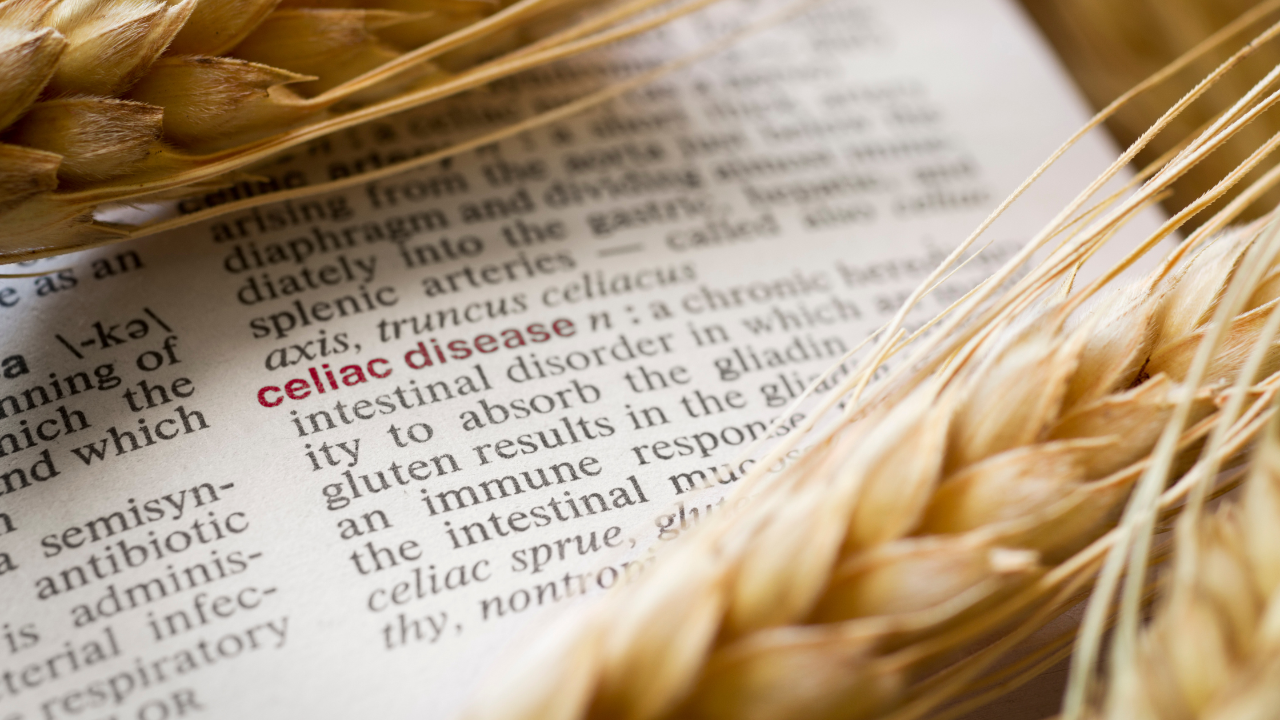Managing Celiac Disease
Aug 12, 2023
Celiac disease, a type of autoimmune disorder, is on the rise globally, with approximately 1% of the population affected worldwide. In celiac disease, the immune system reacts adversely to gluten. Gluten is most found in wheat, barley, and rye. It's a protein, and damages the lining of the intestine. Common symptoms include bloating, diarrhea, fatigue, and abdominal pain. It's in your best interest to treat it if you have it. If you don't, it can lead to malnutrition and a host of associated health problems.
Go Gluten-Free
Celiac disease and being gluten-free going hand in hand. I recommend that people with celiac disease avoid foods that contain wheat, barley, and rye or derivatives of these grains. You might want to try avoiding:
- Bread
- Pasta
- Biscuits
- Cakes
- Beer
You'll also want to read food labels in search of gluten-containing ingredients. Fortunately, many food companies are now offering gluten-free alternatives to popular products.
Nutritional Counseling
Celiac disease can often lead to malnutrition, as the nutrient absorption of the body is impacted. If you have it, you might want to try nutritional counseling to ensure you get all the nutrients needed for a healthy life. A dietician may recommend a gluten-free multivitamin or calcium supplement to help with nutritional deficiencies.
Adapting to a Social Life
Living with celiac disease can sometimes feel isolating, especially when dining out with friends or attending social gatherings. Try informing your friends and family in advance about your dietary needs. It's also a good idea to carry gluten-free snacks to ensure there is always something to eat.
Alternative Protein Sources
Meat, fish, and poultry are gluten-free, but vegetarians and vegans may struggle to get enough protein-rich diet. Try adding alternate sources of protein, such as lentils, legumes, quinoa, and eggs. These sources can also provide other necessary nutrients that can balance dietary needs.
Consistent Follow-up
Celiac disease is a lifelong illness with no known cure at this time. If you have celiac disease, stay connected with your doctor and schedule regular follow-up appointments so that any ongoing issues can be addressed and your gluten-free diet can be reviewed regularly.
Living with celiac disease is tough. With a little planning, it is manageable.
